
Dreadlocks – the myth.
Dreadlocks also referred to as ‘locs’ have always had certain myths and beliefs around them. Dreadlocks simply refer to hair left to grow into matted, ropelike strings or strands. Most people wearing dreads are often categorized as Rastafarians, ruffians or even believed to have some form of special or magical powers especially if it is naturally grown.
The belief that it has some spiritual or magical power dates back to pre-historic times and made a highlight in the old testament of the bible, where, Delila reportedly cuts Sampson’s locs to have him defeated and killed.
Dreads can be developed by two methods, the chemical method and the neglect/natural method. Developing locs chemically will require the use of certain products such as hair wax, shampoos and activities such as braiding and twisting the hair. The natural/neglect method simply requires one to leave the hair without combing it. Over time, it will form knots and become matted.
Some carriers of dreads claim that their hair helps them connect to nature and leaving it in its long matted form will create a certain form of connectivity with nature. Back in the day, it was often categorized as a ‘black thing’ or a Rastafarian thing but that has changed in recent times. Just about anybody can wear their hair as dreadlocks.
Origins of and Beliefs around Locs.
Dreadlocks have been traced back to various historic sources meaning, one cannot exactly tell the actual origin. It dates back to 2500BC.
Egypt
Egyptian sculpture
Archaeologists first discovered mummies and artefacts of people wearing dreads in Egypt hence Egypt is often considered as the birthplace of dreadlocks. There are also several sculptures and statues from Egypt who wear their hair in dreads.
India
Some others like to argue that India is the birthplace of dreadlocks as the deity Shiva is known to wear his hair in dreads and as such his followers and his spiritual leaders also wear their hair in dreads. In India, it is believed that locs are only for holy men and women and for those with a certain form of spiritual devotion. They are regarded as sacred.
Ethiopia/Rastafari
In Ethiopia, a certain tribe wears their hair in dreads because they’re of the belief that the locs serve as antennas by which they can receive mental and spiritual energies. Jamaican Rastafarians and a large percentage of Ethiopians believe that the last king they had, Haile Sellassie I (Tafari Mokonnen) was God’s incarnate. Tafari belonged to the Solomonic dynasty. They like to consider themselves as descendants of Israel that were lost when Babylon scattered Israel and thus they regard themselves as “God’s chosen people”. This belief seems to link them up with the Nazarites who practice Judaism and also wear their hair in locs.
Locs are popularly worn by Jamaicans as a spiritual statement rather than a fashion style. They somehow believe their hair in locs is a symbol of their roots and respect to their ancestors. The popularity of locs in Jamaica dates to the slave trade era and subsequent Rastafarian spiritual movement which was made popular by the popular reggae musician, Bob Marley who was a Rastafarian and also wore his hair in dreads. After Bob Marley, it seems odd to see true reggae musician who is not a Rastafarian and has no dreadlocks. The connection is not clear.
Scandinavian Norse and Vikings
The Vikings were known to also wear their hair in dreadlocks. The Vikings were warriors from Sweden, Denmark, and Norway. These warriors were also involved in trading and farming activities and as such had small communities scattered across Europe. One cannot exactly tell why they chose to wear their hair like that but some are of the notion that they did so to intimidate other warriors or they probably just did not have the time to comb their hair.
The Nigerian Dada
In Nigeria, some cultures believe certain children are born with their hair naturally locked or matted. This hair is often difficult to comb and causes headaches each time it is combed. This is due to the fact that the hair is naturally stubborn and tends to quickly reverse even after being combed. The pains inflicted by combing sometimes stimulate temper tantrums or even spells that might be breathe holding. This is probably what led to the common belief among Nigerians that these dreads should not be touched by anyone other than the mother.
It is also rumoured to have some spiritual significance and should not be shaved off without some form of appeal to the child. Most often, the hair is left to grow like that and it forms long matted strands of dreadlocks. The Yorubas and even the Igbos often refer to this hair type as ‘dada’. Dada has well been integrated into Nigerian English. Dada is grown via the ‘neglect method’ of developing dreads.
Dreads as a fashion statement
Dreadlocks are increasingly becoming a trend in the world of fashion. They are very comfortable, easy to maintain and give an aesthetic look. They come with a certain bold look on the carrier and are more than just a fashion statement but an attitude. Locs are not really a hairstyle for the shy as they are very eye-catching and tend to distinguish the carrier from the lot. If you like natural dreads, you have to be very patient enough to allow the hair lock on its own. Over time, dreads have evolved and can be worn in whatever way works for you as there are a variety of choices to choose from. They can be worn crinkly, straight, long, short, braided, loose, etc. Dreads can also be coloured with hair dye to just about any colour you want.
Maintaining Dreadlocks
In as much as dreads are beautiful, you must always keep them clean and healthy. It is advisable to wash your hair with shampoo every 3-4 days to prevent dirt from settling on your scalp. It is also preferable to sleep with a scarf or a sleeping cap to prevent your dreads from damage and to keep them intact.
Growing dreads can be an exciting and adventurous journey, especially for daring individuals. Whatever your reason may be for wearing your hair in dreads, it always makes a statement. Dreads are unique and distinct; they have a way of distinguishing you and setting you apart.

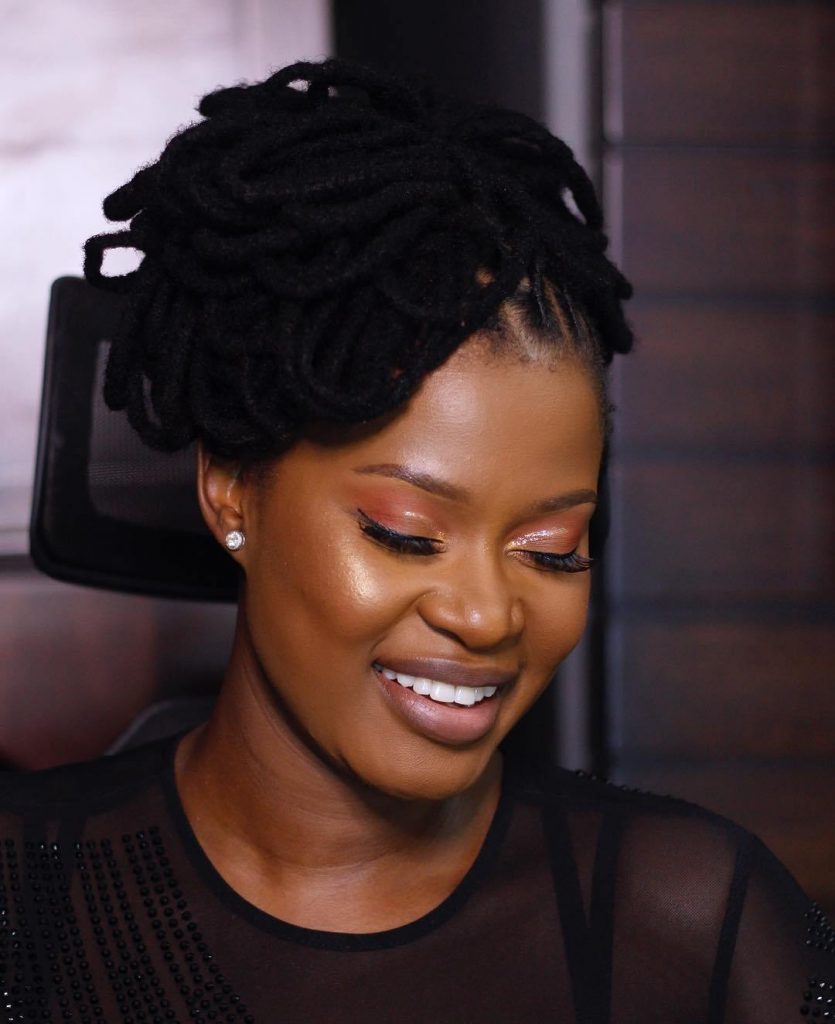
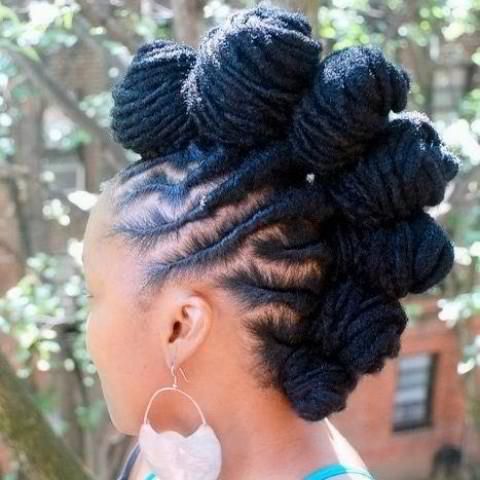
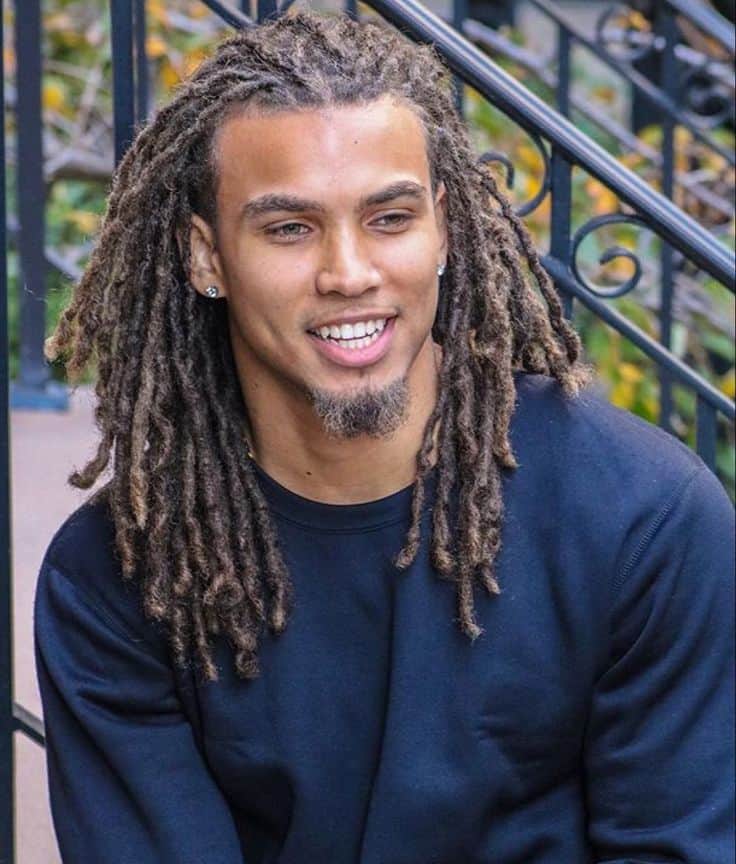
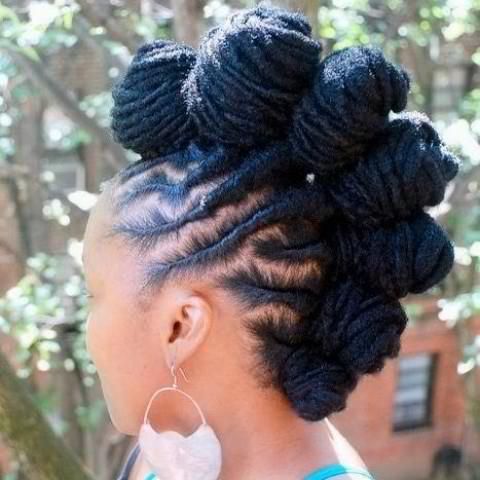
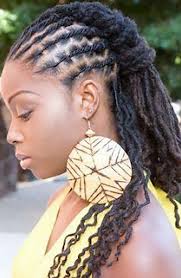
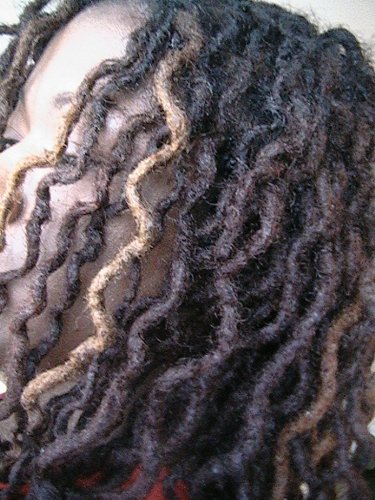













Comment